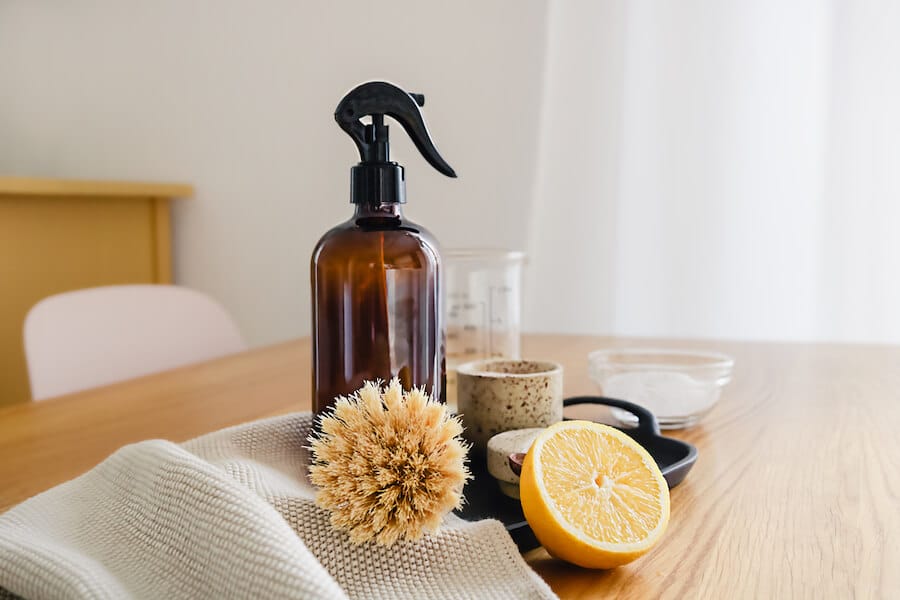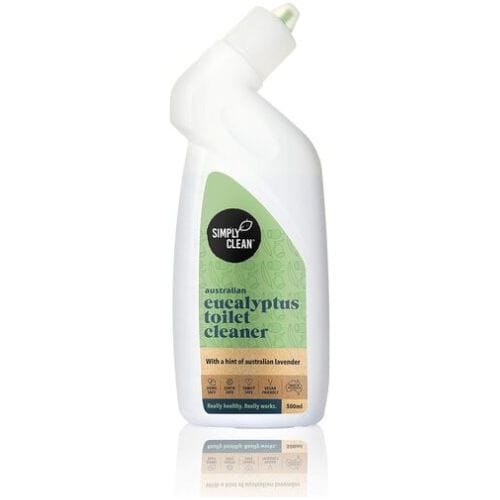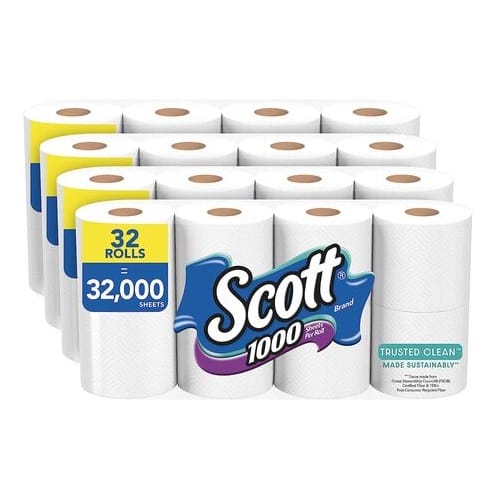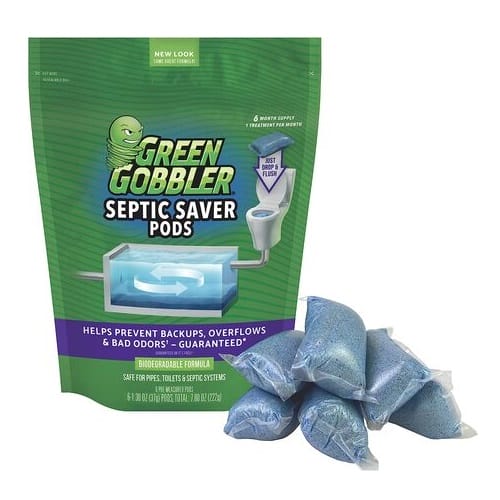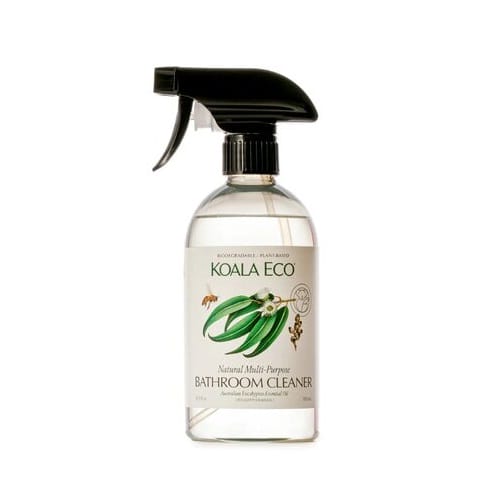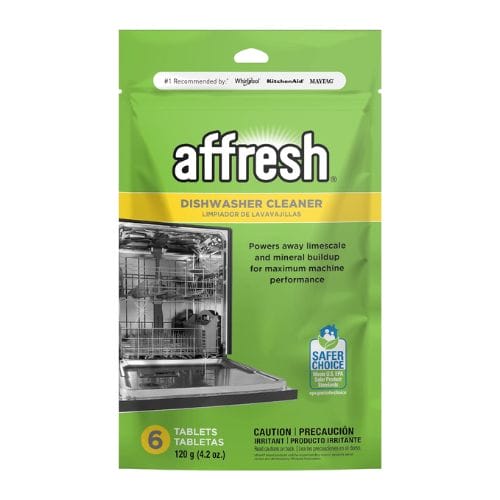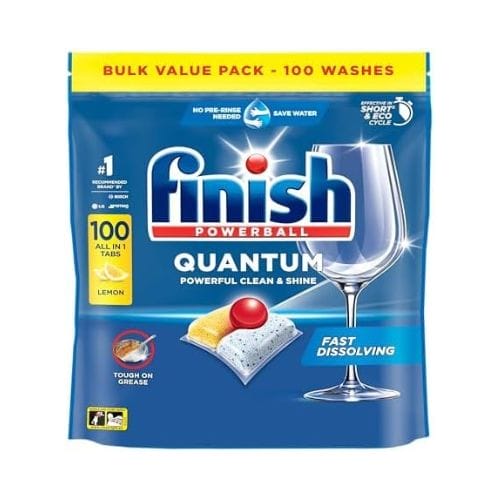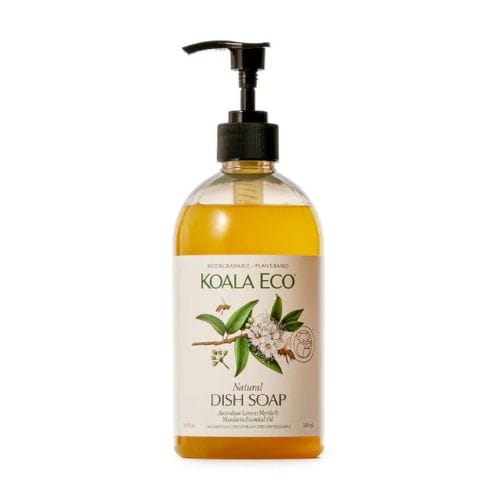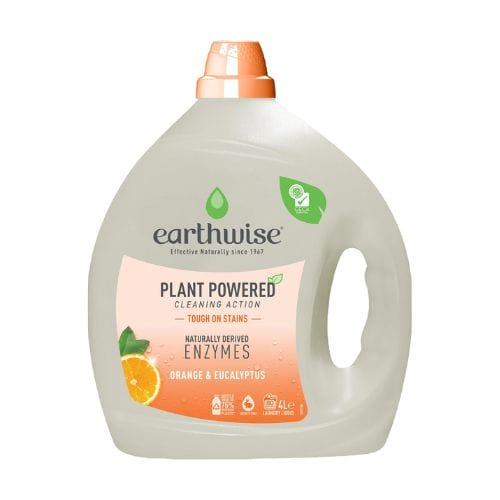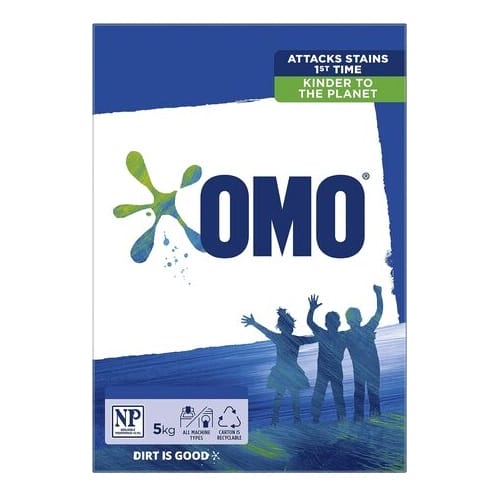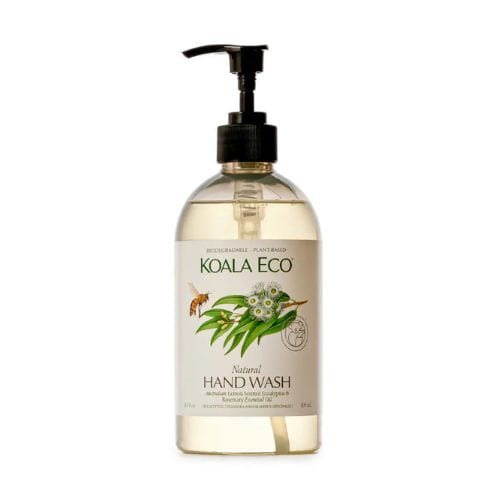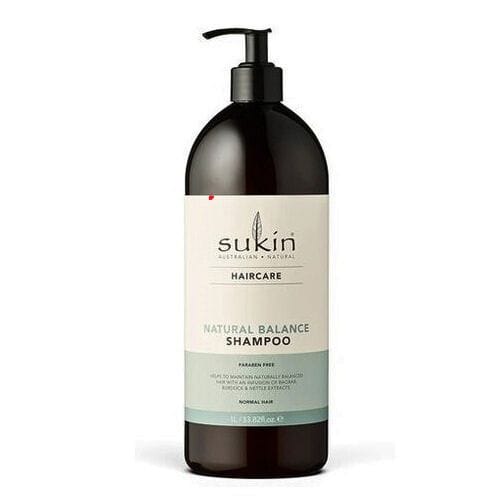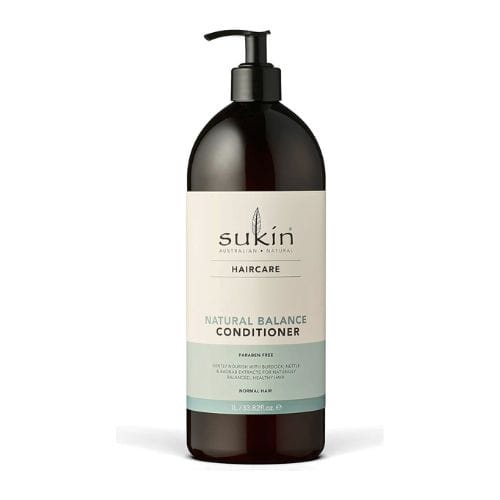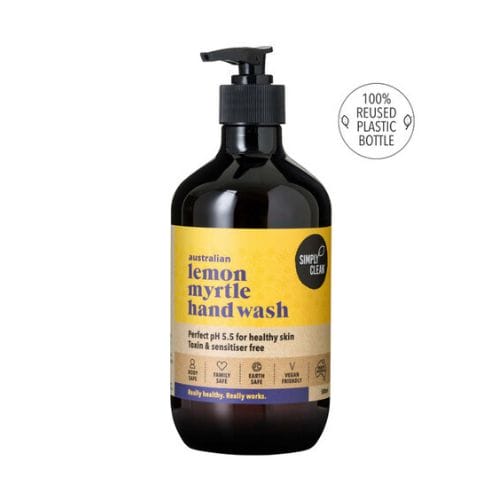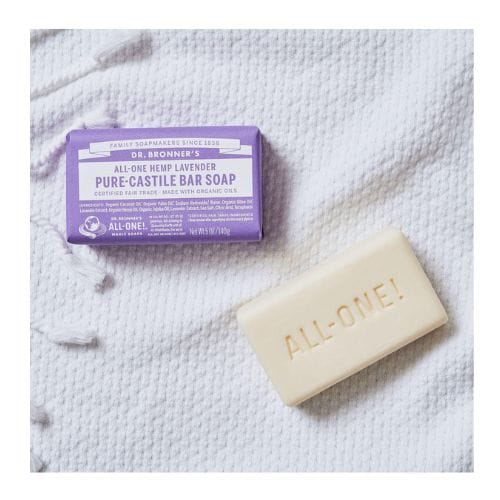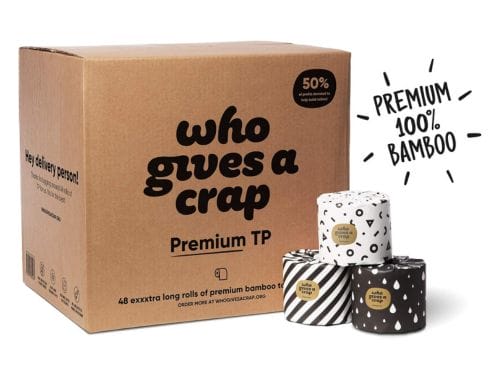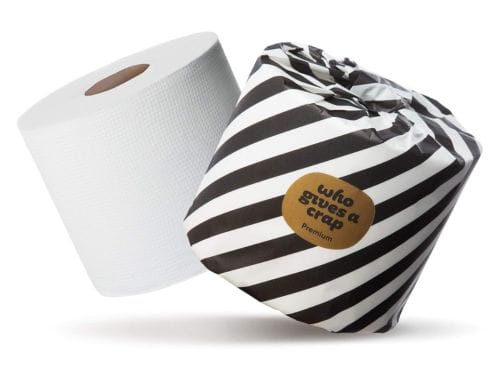You may not think much of your septic system, but it’s an important part of your property!
The health of your septic system is an often overlooked yet essential aspect of home maintenance. Household wastewater contains bad bacteria, viruses, and contaminants – a functioning septic tank will filter all that out.
Part of that maintenance is choosing the right products in your cleaning routine, since those products will go down the drain.
Keep your septic tank healthy and prevent costly repairs down the line. Here’s a round-up of cleaning products that harmonise with your septic tank system rather than wreak havoc on it.
Septic-Safe Ingredients | Non-Septic Safe Ingredients | Toilet Cleaner | Toilet Paper | Drain Cleaner | Shower Cleaner | Dishwasher Cleaner | Dishwasher Tablets | Dishwashing Liquid | Laundry Detergent | Washing Powder | Hand Wash | Shampoo | Conditioner | Body Wash | Soap | FAQs | Are These Products Safe?
What Does It Mean If Something is Septic Safe?
Labelling a product as “septic safe” means that the product will not disrupt the bacterial balance within your septic system.
Septic systems rely on beneficial bacteria to break down and process waste. Products that contain harsh chemicals can kill that bacteria, leading to septic system malfunctions.
Septic-safe products are designed to be biodegradable and free from chemicals that could harm the bacteria in a septic tank or drain field.
They also often use plant-based or organic compounds, ensuring they break down safely and efficiently within the septic tank system.
What Ingredients Are or Aren’t Septic Safe?
Certain ingredients can give clues as to whether household and cleaning products are septic-safe or not.
However, it’s always good to check product labels to see if they specifically state they’re safe for septic tanks.
And remember, even labelled products can cause problems if used excessively. Moderation is vital in maintaining a healthy septic system.
Septic-safe ingredients
Here are some ingredients or compounds to look for in septic-friendly cleaning products:
Plant-based ingredients: Many septic-safe products will use ingredients derived from plants instead of synthetic chemicals. These are typically easier for the bacteria in your septic system to break down.
Enzymes: Some products will contain enzymes or cultures that can help to break down waste in your septic system, making them a good choice.
Biodegradable components: Products labelled as biodegradable are generally a good option for septic systems. This means they can be broken down by bacteria and won’t contribute to the build-up in your tank.
Note that small amounts of essential oils are fine!
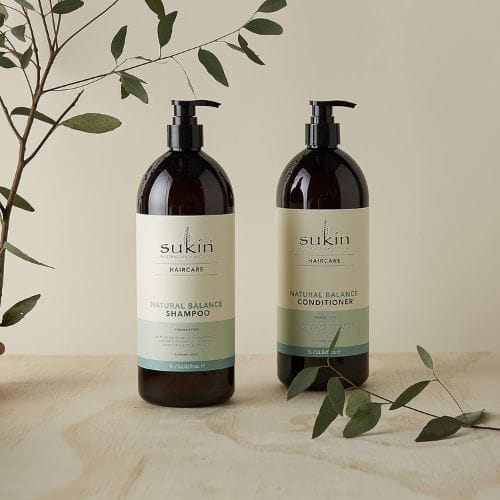
Non-septic safe ingredients
Some ingredients or compounds to avoid include:
Phosphates: These chemicals can encourage algae growth in local waterways when the treated wastewater is released, which can harm aquatic life.
Harsh chemicals: While they’re great at killing germs, they can also kill the beneficial bacteria in your septic system that break down waste.
Non-biodegradable components: Some items – particularly in personal care products like wipes or certain types of toilet paper – are not biodegradable and can lead to clogs in your septic tank system.
Petroleum-based solvents: These can kill the beneficial bacteria in your septic system and break down slowly.
Quaternary Ammonium Compounds (Quats): These are found in many disinfectants and sanitisers and can be harmful to septic systems as they are antibacterial agents.
Specific products or compounds that can harm a septic system include chlorine bleach, hydrogen peroxide, chemical drain cleaners, paint thinners, fabric softeners, and solvents.
Water softeners can also harm the essential bacteria inside a septic tank.
NOTE: You can use antibacterial soaps, detergents, and other products with a septic system – just check the product label first. Products that use biodegradable ingredients with natural antibacterial properties (such as plant extracts) may still be septic-safe.
Top Picks for Septic-Safe Cleaning Products in Australia
From toilet cleaners to washing powder, here’s a list of cleaning products safe for septic systems in Australia.
When your expert home cleaner comes in, ask if they have septic-safe cleaning products – or offer your own!
Septic Safe Toilet Cleaner: Simply Clean Eucalyptus Toilet Cleaner
Simply Clean offers a natural toilet cleaner that disinfects, descales, and deodorises your toilet!
Made from all-natural Australian eucalyptus and lavender oils, the powerful formula kills germs, tackles stains, and removes odours.
Moreover, this toilet cleaner is hypoallergenic, vegan, and pet-safe!
Simply Clean does “recommend restraint” when using their toilet cleaner with a septic system. Do not use it too frequently – once a week is more than enough!
Septic Safe Toilet Paper: Scott 1000 Trusted Clean Toilet Paper
Scott 1000 Trusted Clean Toilet Paper is septic-safe and clog-free. It’s also safe for sewer and RV use, making it versatile and dependable.
Each roll provides 1000 sheets of unscented and dermatologist-tested comfort.
Scott 1000 shows that sustainability and performance can coexist, providing you with an environmentally conscious choice without sacrificing quality.
Septic Safe Drain Cleaner: Green Gobbler Septic Saver Treatment Pods
Green Gobbler Septic Saver Treatment Pods are your ally for maintaining a healthy and efficient septic system.
These easy-to-use pods contain a concentrated blend of enzymes and bacteria designed to break down waste and help prevent septic backup.
They work to dissolve grease, fats, oils, paper, and organic matter that can clog your system.
Safe for all types of pipes, they are free from harmful chemicals, making them an eco-friendly option.
With a monthly treatment cycle, you’re just one flush away from peace of mind.
Septic Safe Shower Cleaner: Koala Eco Multi-Purpose Bathroom Cleaner
Love the scent of eucalyptus after the rain? Imagine the smell filling your bathroom after you use Koala Eco’s Multi-Purpose Bathroom Cleaner.
Their plant-based formula effortlessly cuts through soap scum and dirt, while also removing bacteria. This biodegradable bathroom cleaner is also a natural disinfectant!
Koala Eco’s cleaner is Australian Allergy Certified and Vegan Certified.
Best of all, you can subscribe for refills, or purchase the concentrate form to make your own shower cleaner as needed.
Septic Safe Dishwasher Cleaner: Affresh Dishwasher Cleaner Tablets
Dishwashers clean the dishes, but you also need to clean the dishwasher! And a great solution that’s safe for septic systems is Affresh Dishwasher Cleaner.
These cleaning tablets can take on limescale and detergent build-up in all the parts of your dishwasher, from the tub to the drain hose. They’re easy to use, too – just put one in the detergent tray and run a cycle.
The mineral-based formula is safe for your dishes, too!
Septic Safe Dishwasher Tablets: Finish Powerball Quantum Dishwashing Tablets
Get the “ultimate clean and diamond shine” with the Finish Quantum Dishwashing Tablets!
These dish tabs are formulated with Finish’s “Activeblu tech” which targets stubborn stains, stuck-on food, and tough grease. They can even break down proteins and starches.
Moreover, the brand advertises that these tabs can take care of your dirty dishes even without pre-rinsing.
Note that Finish states the tablets are “safe for most septic systems,” but you should check with your local wastewater management for advice.
Septic Safe Dishwashing Liquid: Koala Eco Dish Soap
Clean kitchenware, clean conscience – that’s what Koala Eco advertises.
Their Lemon Myrtle & Mandarin Dish Soap features a plant-based formula that effortlessly tackles grease and food on dirty dishes, pots, and pans.
Moreover, it can remove food-borne bacteria with its naturally germ-killing ingredients. Combined with its Australian Allergy Certified and non-toxic formula, this dish detergent is safe for your septic tank, hands, and dishes!
Septic Safe Laundry Detergent: Earthwise Laundry Washing Detergent
Be earth-wise and septic-wise with this Laundry Detergent Liquid! Earthwise uses naturally-derived enzymes and plant-powered ingredients to clean every fibre of your clothes.
Earthwise’s detergent contains no phosphates, dyes, or chlorine bleach. It’s dermatologically tested, GECA-certified, and vegan.
Best of all, the orange and eucalyptus extracts mean your laundry comes out smelling great.
For those with allergies or sensitive skin, try their Sensitive Laundry Detergent which has no dyes or fragrance.
Septic Safe Washing Powder: Omo Active Clean Laundry Detergent Washing Powder
Bet you weren’t expecting to see a big-name brand on this list!
Omo Active Clean Laundry Detergent Washing Powder is a surprising but welcome addition to the list of septic-safe products.
This powerful formula removes tough stains and leaves clothes smelling fresh.
Its septic-safe and biodegradable composition demonstrates that even established brands can deliver effective cleaning power while caring for our planet.
Septic-Safe Personal Care Products
Your soaps, shampoos, and other personal care products also go down the drain into the septic tank!
Check out this round-up of products so you’re scrubbing in the shower while worry-free.
Septic Safe Hand Wash: Koala Eco Hand Wash (Lemon & Rosemary)
Lemon and rosemary scents are crowd favourites, so Koala Eco combines them in a gentle hand wash.
Their plant-based formula is biodegradable and non-toxic, so it’s safe on your skin and your septic tank. Moreover, the ingredients are vegan-certified and eco-friendly!
If you’d prefer a different scent, Koala Eco also makes their hand wash in Rosalina & Peppermint.
Septic Safe Shampoo: Sukin Natural Balance Shampoo
Nourish your hair with Sukin’s Natural Balance Shampoo! The formula uses baobab oil and burdock extracts to gently clean and moisturise your scalp.
The shampoo is formulated with all-natural ingredients, with no sulphates, parabens, or synthetic fragrances. Moreover, Sukin ensures its products are cruelty-free and vegan.
Step out of the shower feeling energised thanks to their signature scent that combines mandarin, tangerine, lavender, and vanillin!
Septic Safe Conditioner: Sukin Natural Balance Conditioner
Pair Sukin’s shampoo with their Natural Balance Conditioner! The baobab, burdock, and nettle extracts work together to revitalise and nourish your hair.
Add a natural sheen while leaving hair silky soft and healthy thanks to Sukin’s natural and vegan formula. Plus, the product doesn’t contain any sulphates, parabens, or phthalates.
The signature scent will leave you refreshed and energised, with hair that shines in the Aussie sun.
Septic Safe Body Wash: Simply Clean Lemon Myrtle Body Wash
Add a touch of luxury to bath time with Simply Clean’s signature Lemon Myrtle Body Wash. You get the scent of the famous Aussie flowers in a vegan-friendly and earth-safe formula.
Simply Clean uses locally produced and harvested lemon myrtle oil in their biodegradable formula. No parabens, sulphates, or palm oils – ju
Septic Safe Soap: Dr. Bronner’s Pure Castile Bar Soap
Dr. Bronner’s advertises all their soaps and skin care products as fully biodegradable, with organic and vegan ingredients.
Their versatile Castile soap can be used for many things, from your face to your body. The calming lavender scent soothes your senses, while the gentle formula soothes your skin.
Moreover, Dr. Bronner prides itself on using fair-trade ingredients and eco-friendly packaging.
FAQs About Septic Systems and Plumbing
Read on for some helpful info and answers to common questions about septic systems and products!
Are septic-safe and greywater-safe the same thing?
Many products are safe for both septic systems and greywater systems, but “septic-safe” and “greywater-safe” are different labels.
Greywater-safe products do not contain ingredients that will contaminate a greywater system – the system that collects wastewater from showers, washing machines, dishwashers, and sinks.
Greywater is then recycled for use in your toilet or garden. It does not necessarily go to your septic tank.
Does septic safe mean flushable?
While all septic-safe products are technically flushable, not all flushable items are safe for your septic tank.
For example, some wipes are labelled flushable but don’t break down in the septic system, leading to potential blockages and damage.
What is the difference between septic safe and regular toilet paper?
Septic-safe toilet paper is designed to break down rapidly in water, which helps prevent clogs in the septic tank.
Regular toilet paper takes longer to decompose, potentially causing issues over time.
Can you use toilet cleaner if you have a septic tank?
Yes, you can use toilet cleaners with a septic tank – if they’re septic-safe.
Avoid cleaners with harsh chemicals like bleach or ammonia that can disrupt the bacterial balance in the tank.
What should you not flush down the toilet with a septic tank?
Avoid flushing items like wet wipes (even those labelled flushable), nappies, sanitary products, cotton buds, cigarettes, and dental floss.
From the kitchen, you should never flush cooking oil, grease, food scraps, coffee grounds, and any non-biodegradable items down the toilet.
These can cause blockages and disrupt the septic system’s functions.
Are These Products Septic-Safe?
If you’re looking at other products, always check the labels to see if they’re labelled for septic-safe cleaning or personal use.
But you can also check this list for popular household and cleaning products.
Is bleach OK for septic?
In small amounts, bleach can be septic-safe.
However, regular or heavy use of bleach can kill the beneficial bacteria in the tank and disrupt the system’s balance, potentially causing issues.
Is OMO septic safe?
OMO powder detergents are septic-safe and should cause no harm to septic systems if used properly.
However, OMO bleach products may not be appropriate for your tank system.
Is Who Gives A Crap septic safe?
Yes, ‘Who Gives A Crap’ toilet paper is advertised as septic-safe and biodegradable.
Is Duck toilet cleaner safe for septic tanks?
Some Duck toilet cleaners may contain bleach or other harsh chemicals that could harm septic systems. Always check the product label.
Is CLR septic safe?
CLR (Calcium, Lime & Rust Remover) is typically not recommended for use with septic systems, as it may disrupt the bacterial balance in the tank.
Is Pine O Cleen safe for septic tanks?
Unfortunately, no. Pine O Cleen is an antibacterial cleaning product.
Pine O Cleen’s cleaning products have harsh chemicals that kill 99.9% of bacteria causing germs and healthy bacteria in septic systems.
Does white vinegar harm septic systems?
No, it does not. White vinegar is safe for septic systems in moderate quantities.
It’s a mild acid that won’t harm the septic tank’s bacteria.
Other natural cleaners that are safe for septic systems include baking soda, lemons, and salt.
Is apple cider vinegar safe for septic systems?
Yes, apple cider vinegar is generally safe for septic systems when used in moderation.
Like white vinegar, apple cider vinegar is a weak acid and won’t harm the beneficial bacteria that keep your septic system functioning properly.
It’s even sometimes used as a DIY treatment to maintain the health of septic systems.
Is Bref septic safe?
No, it’s not. Most Bref cleaning products claim to eliminate 99.9% of bacteria, which is generally considered unsafe for septic systems.
While the Bref website FAQ claims that their products are septic-safe cleaning products, it may still be best to stick to organic solutions or ones without bleach.
Is bamboo toilet paper septic safe?
Generally, yes. Bamboo toilet paper is often marketed as a sustainable, septic-safe option that rapidly breaks down in water.
Is Drano safe for septic systems?
Regular use of Drano and other chemical drain cleaners can damage septic systems, as they can kill beneficial bacteria.
Use these products sparingly or consider safer alternatives.
Is Scalex septic safe?
Yes, Scalex is a biodegradable and non-toxic solution.
It effectively breaks down food and grease deposits, detergent remnants, as well as limescale and calcium buildup.
Is citric acid safe for septic tanks?
Citric acid is generally safe for septic systems in moderate amounts.
It’s a weak, organic acid that shouldn’t harm your septic tank’s bacterial balance.
Is Dettol septic safe?
No. Dettol is another antibacterial cleaning product that can harm your septic tank’s microbiome.
Is Finish Dishwasher Cleaner septic-safe?
Yes, the Finish Dishwasher Cleaning Liquid is safe for septic systems, according to the brand.
Most Finish products, including their dish tabs, should be septic-safe since they are advertised as biodegradable and phosphate-free.

